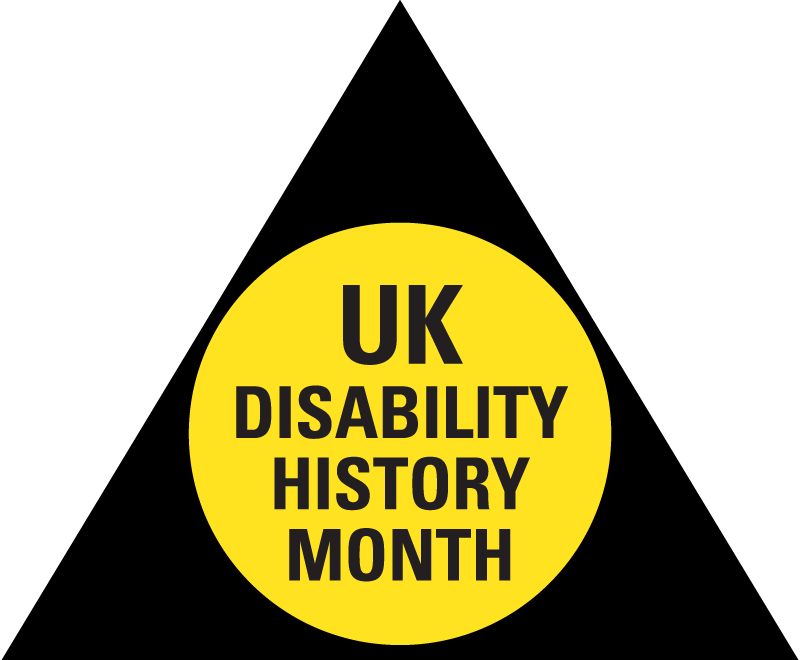So little was known about disabled people and sex and relationships a number of research projects were carried out in the 90’s and 00’s to build up a picture. Surprise surprise, Disabled People in the main had Sex lives as good or as bad as most people.
Talking about sex and relationships: the views of young people
This was a three-year emancipatory research project (2007-2010) that looked at relationships and sexuality for young people with learning disabilities. The project was a collaboration between the University of Leeds and CHANGE (a national organization that fights for the rights of people with learning disabilities, based in Leeds) and funded by a grant from the Big Lottery Fund.
Kirsty Liddiard – (S)exploring Disability
(S)exploring Disability
This Research Summary corresponds to a piece of doctoral research which explored disabled peoples’1 experiences of sex and relationships. The research took place over 3 years (2008–2011) in the south east of England, UK. The purpose of this Research Summary is to provide a concise overview of the research and detail its key findings for a wide range of audiences: disabled people, their allies and organisations; health and social care staff; students and academics; and anyone with an interest in disability and/or sexualities.
Kath Gillespie-Sells, Tom Shakespeare and Dominic Davies – The Sexual Politics of Disability: Untold Desires
1996
- Contents: Adobe PDF [177.13 Kb]
- Chapter 1: Adobe PDF [61.63 Kb]
- Chapter 2: Adobe PDF [126.32 Kb]
- Chapter 3: Adobe PDF [150.21 Kb]
- Chapter 4: Adobe PDF [131.03 Kb]
- Chapter 5: Adobe PDF [121.72 Kb]
- Chapter 6: Adobe PDF [111.97 Kb]
- Chapter 7: Adobe PDF [95.52 Kb]
- Chapter 8: Adobe PDF [25.6 Kb]
- Appendices and Bibliography: Adobe PDF [59.48 Kb]
Tom Shakespeare – Researching Disabled Sexuality
In 1996, two years after we commenced the research, Cassell published The Sexual Politics of Disability: Untold Desires. For Dominic Davies, Kath Gillespie-Sells and myself it was the end of a hard slog, a real moment of pride, but also an occasion for trepidation: what would other people think? How would the disability movement react? What difference would our book make? Had we done the right thing?
Tom Shakespeare – Out on the edge: the exclusion of disabled people from the British gay and lesbian community
1997
There are many parallels between the experiences of people with impairments, and lesbians, gays, bisexuals and transgendered people: both groups face discrimination and prejudice, and are represented as dangerously ‘other’ in contemporary society. Indeed, part of this ‘othering’ is about suppressing the differences within these communities: ignoring the ways in which disabled people include ethnic and sexual minorities, or the gay community is equally heterogenous. This article aims to challenge the ‘homogenisation’ of the disabled community, and show the particular ways in which disabled people who are gay are doubly disadvantaged.
Tom Shakespeare and Sarah Richardson – The Sexual Politics of Disability, Twenty Years On
This paper follows up on qualitative interviews conducted with British disabled people in 1994–6, exploring how people’s lives and relationships have changed over twenty years. The themes include imagery and identity, access to relationships, social context and attitudes.
Heidi – Hidden disabilities and asexuality
If there had been better representation of hidden Disabilities, Asexuality, and of the diverse sexual orientations of Disabled people, I might have reached this point sooner. But I’m here now, and I can learn to live, and maybe even thrive, as an adult in my own, queer, Disabled way.
RSE for disabled pupils and pupils with special educational needs
All children are entitled to Relationships and Sex Education. This entitlement is enshrined in the UN Convention on the Rights of the Child which establishes that all young people have the same right to enjoy their sexuality within the highest attainable standard of health, free of coercion and violence, and to access quality sexuality education and sexual health services.
